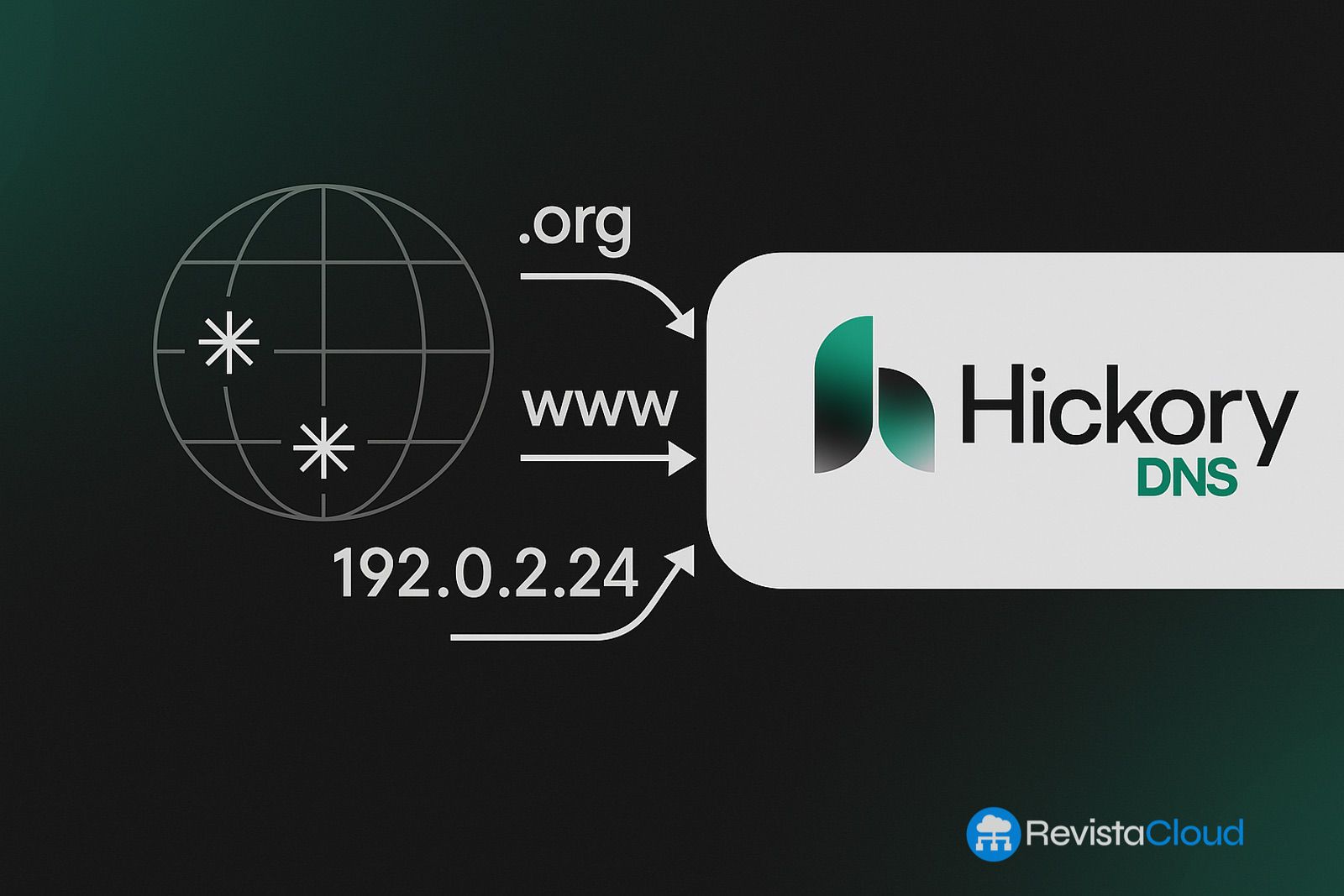The security and efficiency of the Domain Name System (DNS) is fundamental to the functioning of the Internet. In this context, Hickory DNS emerges as an innovative solution: a recursive, open-source DNS resolver that uses a programming language designed to be safe from memory vulnerabilities, and is oriented towards both high performance and maximum protection for critical infrastructure.
A Truly Secure Recursive DNS
Unlike other historical implementations written in C or C++, Hickory DNS has been developed in Rust, a language that fundamentally eliminates common memory errors and drastically reduces the risk of security failures. The project, initiated by Benjamin Fry in 2015 and backed by the Internet Security Research Group (ISRG) and Prossimo, aims to become the go-to solution for operators who need to resolve domain names securely and efficiently.
In 2024 and 2025, Hickory DNS underwent a thorough security review and rapid evolution, including independent audits, significant improvements in DNSSEC support (the cryptographic signing system that protects the integrity of DNS responses), and optimization for high-traffic scenarios. These enhancements are particularly relevant given its upcoming integration into the infrastructure of Let’s Encrypt, the popular certificate authority, where Hickory will undergo large-scale performance testing.
Technical Features and Architecture
Hickory DNS offers a modular, cross-platform architecture that addresses the needs of both clients and DNS servers, including:
- High-performance recursive resolver: Capable of handling thousands of requests per second, with DNSSEC validation and full support for the latest extensions and protocols (NSEC, NSEC3, CAA, DANE, DoH, DoT, mDNS, among others).
- Integrated DNS client and server: Can operate as a secure DNS client, authoritative server, or recursive resolver depending on the configuration and active modules.
- Resilience to attacks and errors: All operations are protected against panics and exceptions, employing safe error handling and avoiding dangerous operations.
- Compatibility and flexibility: Compatible with various operating systems and versions of Rust, and can adapt to different environments due to its modular architecture.
- Dual license (MIT and Apache 2.0): Facilitates adoption in both open-source and commercial projects.
Audit, Community, and Future
The development of Hickory DNS has been subjected to external security audits and continues to receive investments to enhance robustness and support for new features. In recent years, the community of contributors has grown significantly, attracting developers interested in improving the security of Internet infrastructure.
The immediate goal of the project is to prove its worth as a recursive resolver within Let’s Encrypt, which will validate both its performance and its ability to withstand attacks in a high-usage environment. This push for a secure and modern resolver could mark a turning point in global DNS management.
Conclusion
Hickory DNS represents a significant leap in the security and performance of the domain name system, aligning with the latest trends in secure development and open-source software. For companies, service providers, and system administrators looking for a future-ready DNS solution resilient to vulnerabilities, Hickory DNS is an option to watch closely in the coming years.

